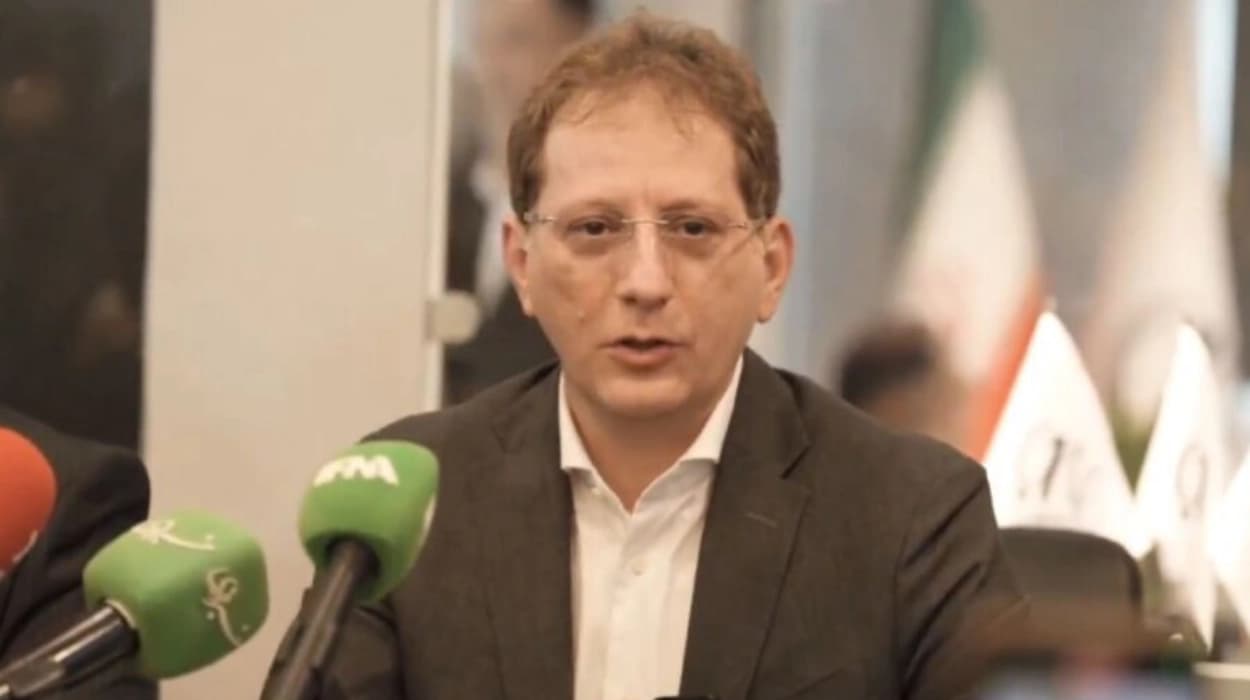The National Iranian Oil Company (NIOC) has faced a
significant financial loss following a Malaysian court ruling that authorised
the seizure of $2.3 billion held in a bank account linked to Iranian
businessman Babak Zanjani. This is part of a series of international legal
actions related to the longstanding Crescent Petroleum dispute involving gas
extraction contracts dating back to 2001.
Background of the Crescent Dispute
The source of the dispute is the Crescent contract, signed
in 2001 between the National Iranian Oil Company (NIOC) and UAE-based Crescent
Petroleum. The contract concerns gas extraction from the Salman field and has
been a costly and contentious issue for Iran for over two decades. As reported
by WANA on October 7, 2025, Crescent Petroleum was awarded $2.9 billion in
damages by the International Arbitration Tribunal in The Hague on September 27,
2021, in a ruling against NIOC.
Malaysian Court Seizure of $2.3 Billion
Following the arbitration ruling, Crescent Petroleum sought
to enforce the award globally. One of the latest developments is the Malaysian
High Court's decision in Kuala Lumpur to seize $2.305 billion from assets
linked to NIOC. These assets were held at the First Islamic Investment Bank
(FIIB), a Malaysian bank associated with Iranian businessman Babak Zanjani.
WANA reported that this enforcement marks the extension of Crescent's legal
actions beyond previous seizures in London and Rotterdam, hitting Iranian
assets linked to the oil sector.
As reported by Iran International on October 6, 2025, Babak
Zanjani, once sentenced to death for corruption but later granted clemency,
confirmed the seizure of these funds from his Malaysian bank account. This
development adds further pressure on Iran’s financially sanctioned economy.
Contradictions in Official Statements
Former Oil Minister Bijan Zangeneh publicly denied the existence of substantial funds belonging to Zanjani held in Malaysian banks. In June 2019, Zangeneh asserted that Zanjani owed the ministry over $2 billion and questioned whether funds at FIIB actually existed. A month later, he again dismissed claims about frozen assets, stating,
“There is no money for him to return in the first place.”
The Malaysian court’s ruling, however, confirmed
the presence of funds, contradicting these denials and leading to their
confiscation for Crescent Petroleum’s compensation.
Previous Asset Seizures and Legal Battles
This Malaysian asset seizure follows prior international
rulings and actions, including those in London and Rotterdam, targeting Iranian
assets to satisfy Crescent’s arbitration award. The UK's Court of Appeal upheld
a seizure ruling on expensive NIOC properties in London, including the
headquarters building known as NIOC House, located in Westminster. This move
significantly affects Iran's economic interests and property holdings abroad.
Ongoing Legal and Diplomatic Fight
The National Iranian Oil Company has publicly announced its
intention to challenge these rulings and seizures through further legal and
international mechanisms. According to a WANA report on October 8, 2025, NIOC
is working with the Presidential Center for International Legal Affairs to
appeal the British court's decisions and protect the rights and assets of
Iran’s oil industry employees. Despite ongoing legal efforts, courts in
multiple jurisdictions have upheld the enforcement of damages awarded to
Crescent Petroleum.
The seizure of $2.3 billion linked to Babak Zanjani’s Malaysian bank account is the latest chapter in a complex, long-running dispute arising from the Crescent contract. It highlights the continuing financial and diplomatic challenges facing Iran as it navigates enforcement actions by Crescent Petroleum in several countries. This situation underscores the broader implications of arbitration rulings in international energy disputes and the vulnerability of state assets abroad.
